POTS & Dysautonomia: When Your Body Forgets How to Adapt
In this episode, Dr. Joseph Schneider and Joseph Quirk explore the parallels between astronauts returning from space and patients suffering from dysautonomia, comparing how both experience severe physical adaptation challenges. They discuss how the body's autonomic systems—those controlling circulation, digestion, and energy regulation—deteriorate when not properly stimulated, just as muscles atrophy in zero gravity or during prolonged inactivity. The conversation reveals why traditional medical centers have months-long waiting lists for Postural Orthostatic Tachycardia Syndrome (POTS) patients, while functional neurology approaches offer faster access by addressing the central nervous system connections often overlooked in conventional treatment. Dr. Schneider shares personal insights from his stroke recovery journey, highlighting how consistent daily movement—even just 10 minutes—proves more beneficial than sporadic intense exercise for rebuilding adaptive capacity. The hosts emphasize that recovery requires gradual, progressive training of the nervous system through lifestyle changes, proper nutrition, and appropriate exercise intensities tailored to each patient's metabolic threshold. Connect with Dr. Joseph Schneider: Website: Hope Brain and Body Recovery Center LinkedIn: Joseph Schneider YouTube: hopebrainbodyrecoverycenter Instagram: @hopebraincenter_ Facebook: Hope Brain and Body Recovery Center
About This Video
In this episode, Dr. Joseph Schneider and Joseph Quirk explore the parallels between astronauts returning from space and patients suffering from dysautonomia, comparing how both experience severe physical adaptation challenges. They discuss how the body's autonomic systems-those controlling circulation, digestion, and energy regulation-deteriorate when not properly stimulated, just as muscles atrophy in zero gravity or during prolonged inactivity. The conversation reveals why traditional medical centers have months-long waiting lists for Postural Orthostatic Tachycardia Syndrome (POTS) patients, while functional neurology approaches offer faster access by addressing the central nervous system connections often overlooked in conventional treatment. Dr. Schneider shares personal insights from his stroke recovery journey, highlighting how consistent daily movement-even just 10 minutes-proves more beneficial than sporadic intense exercise for rebuilding adaptive capacity. The hosts emphasize that recovery requires gradual, progressive training of the nervous system through lifestyle changes, proper nutrition, and appropriate exercise intensities tailored to each patient's metabolic threshold.
Connect with Dr. Joseph Schneider:
Website: Hope Brain and Body Recovery Center
LinkedIn: Joseph Schneider
YouTube: hopebrainbodyrecoverycenter
Instagram: @hopebraincenter_
Facebook: Hope Brain and Body Recovery Center EndFragmentRelated Video
Duis mi velit, auctor vitae leo a, luctus congue dolor. Nullam at velit quis tortor malesuada ultrices vitae vitae lacus. Curabitur tortor purus, tempor in dignissim eget, convallis in lorem.

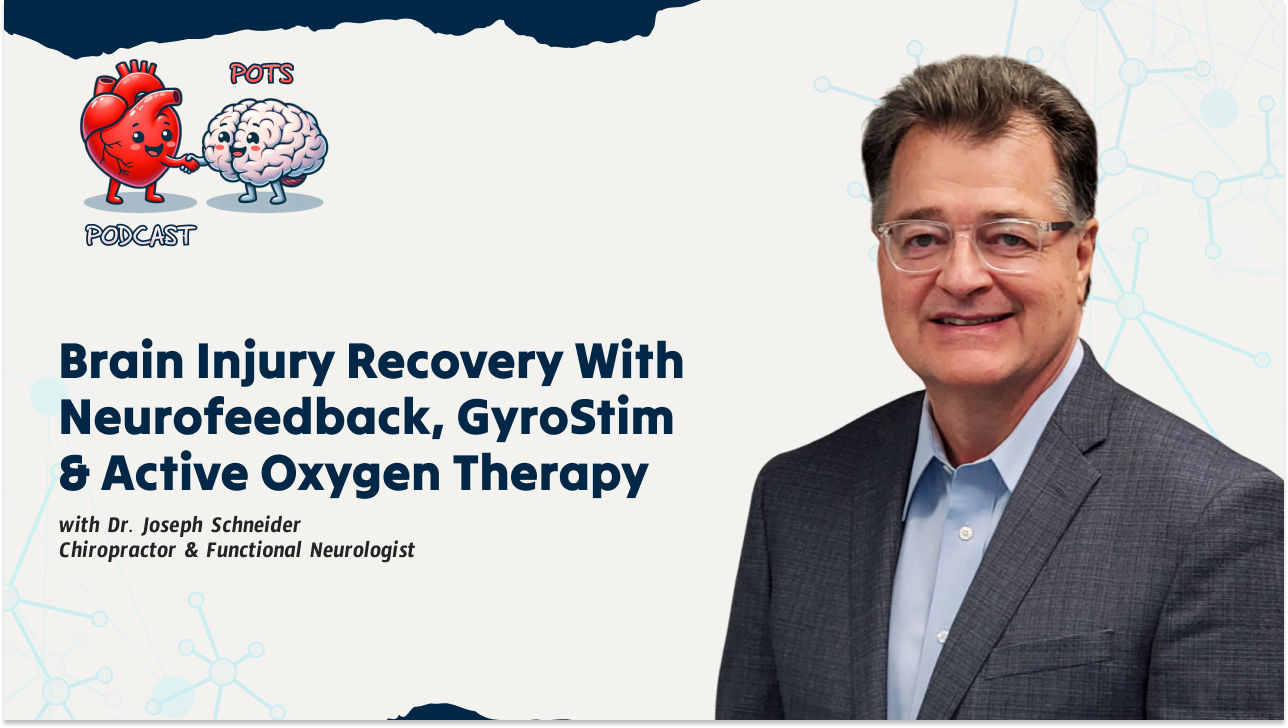
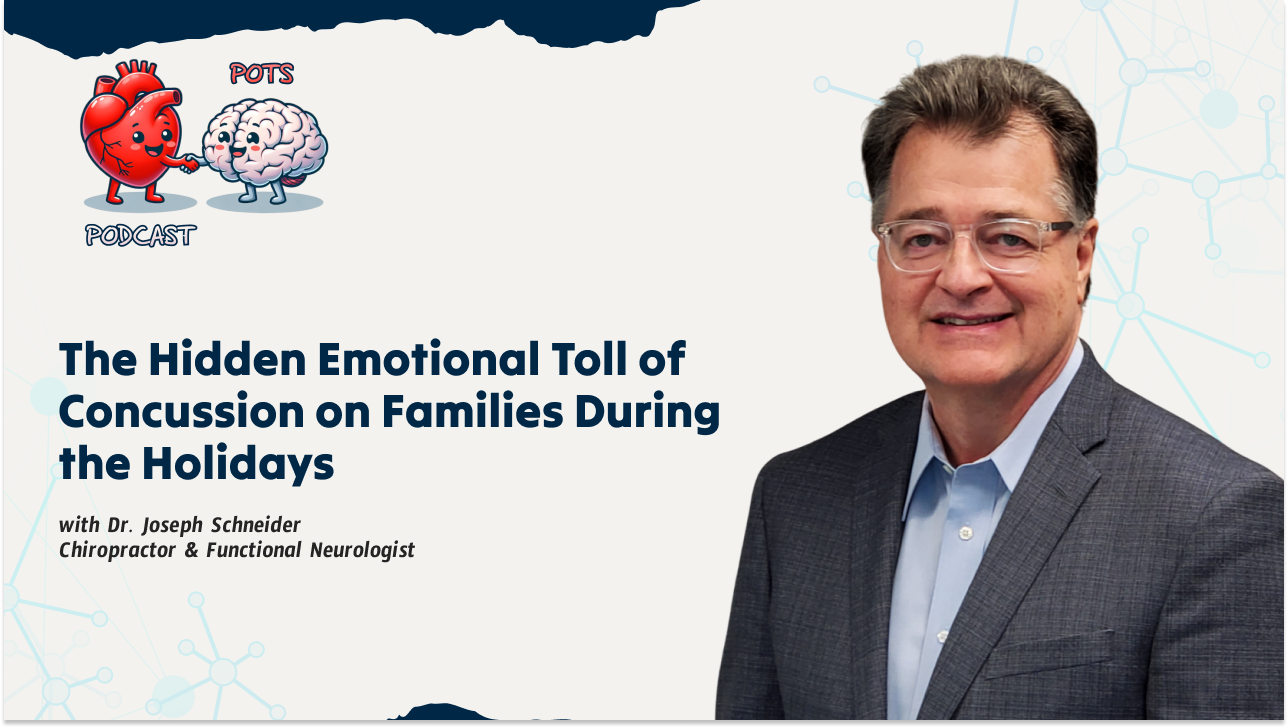
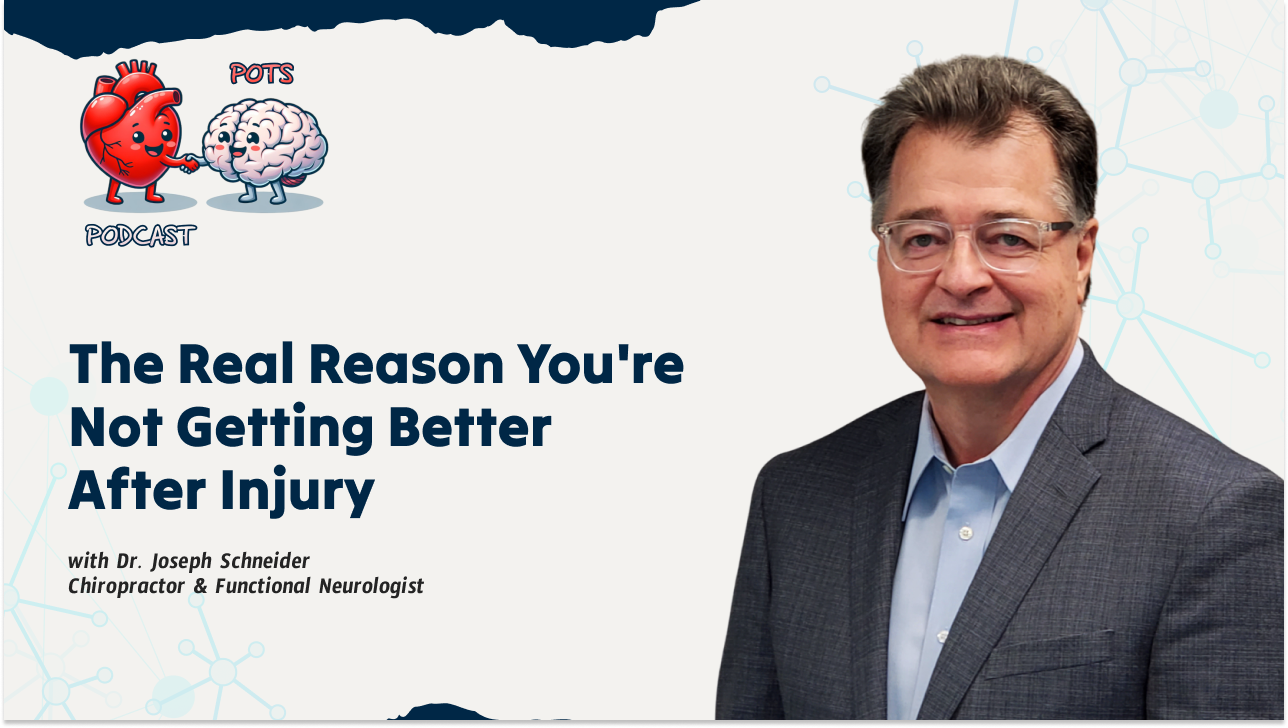
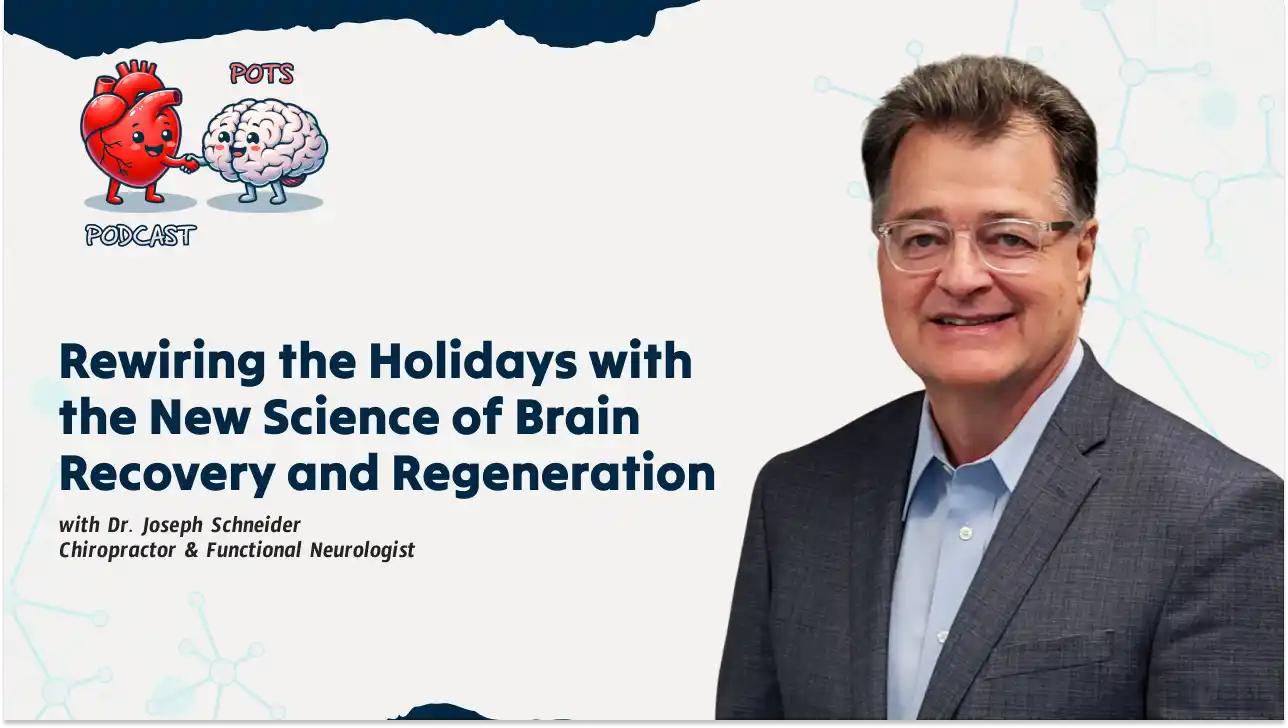
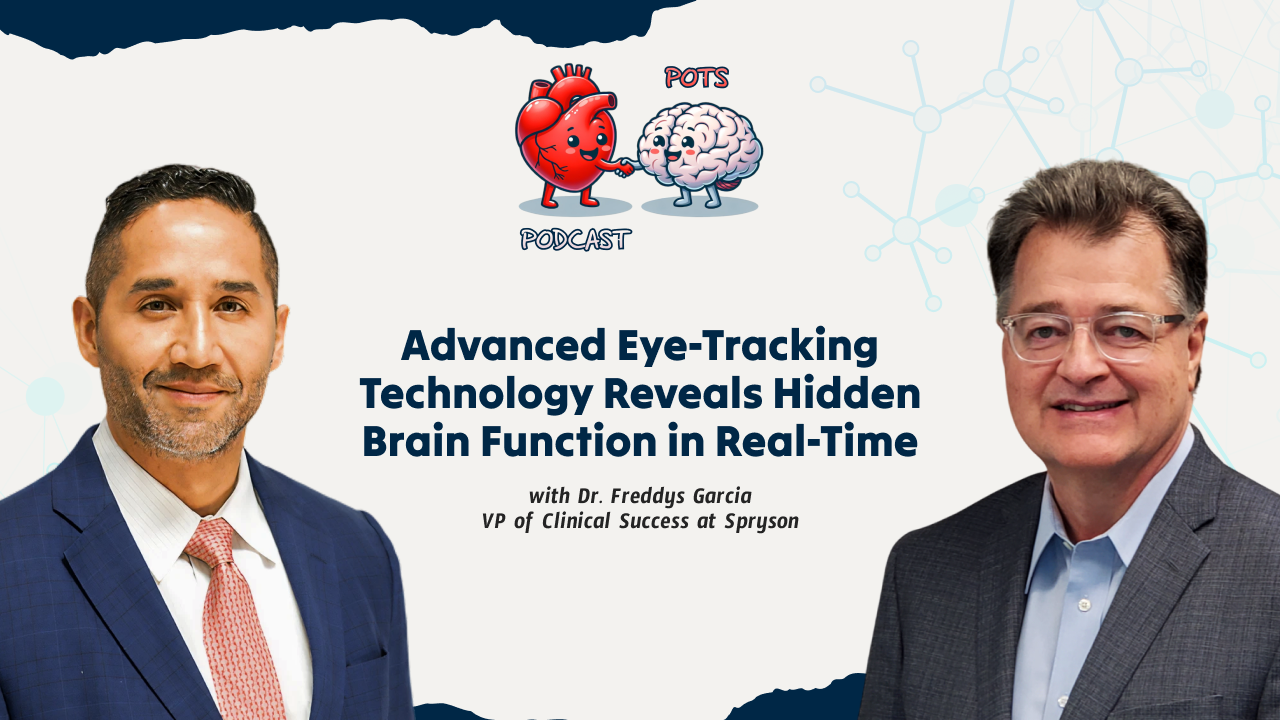
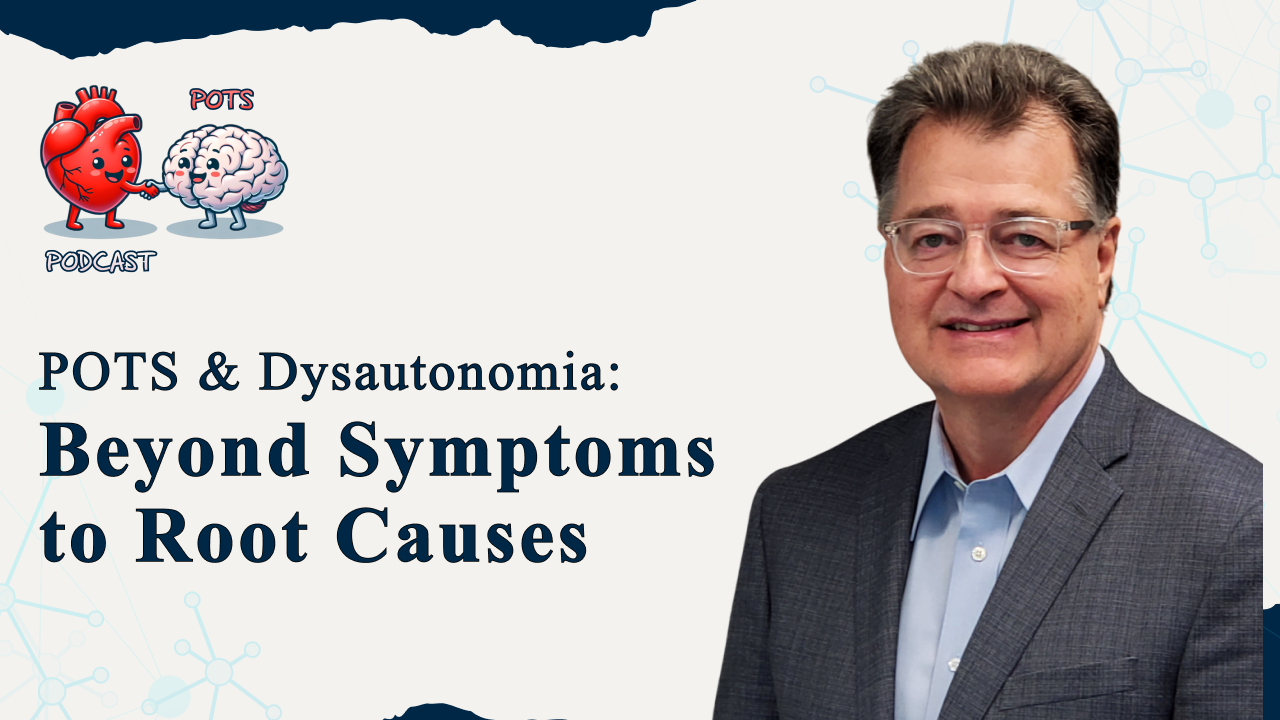
Comments